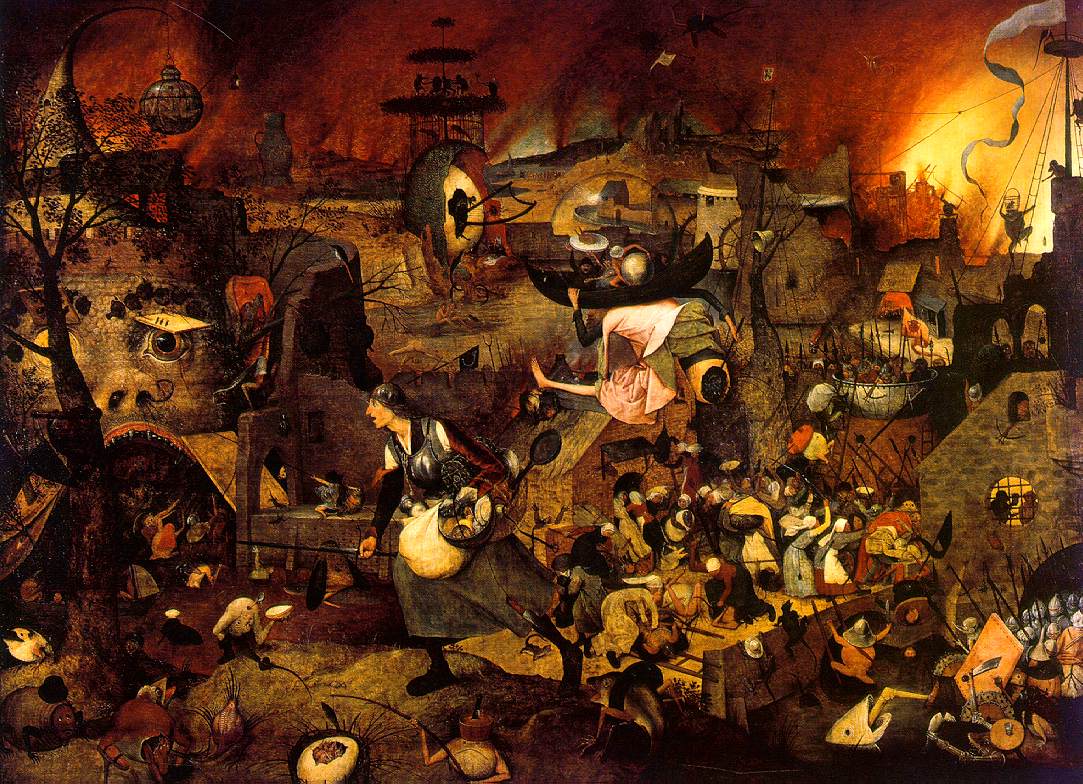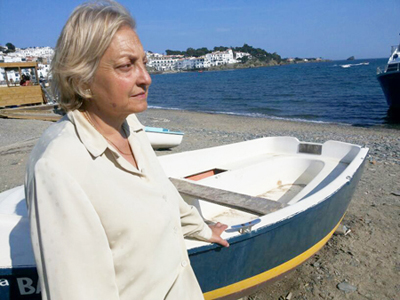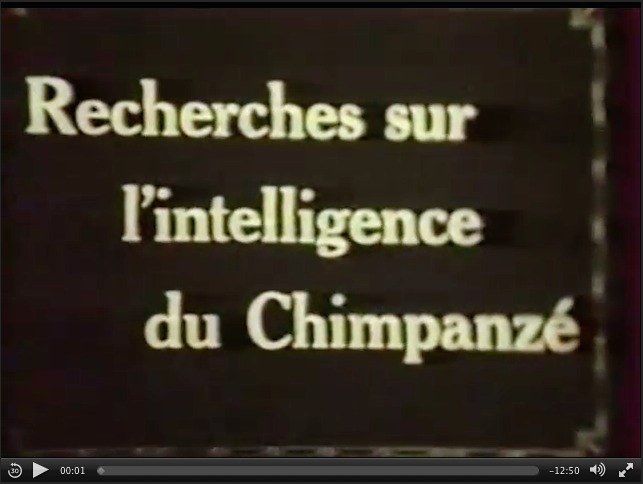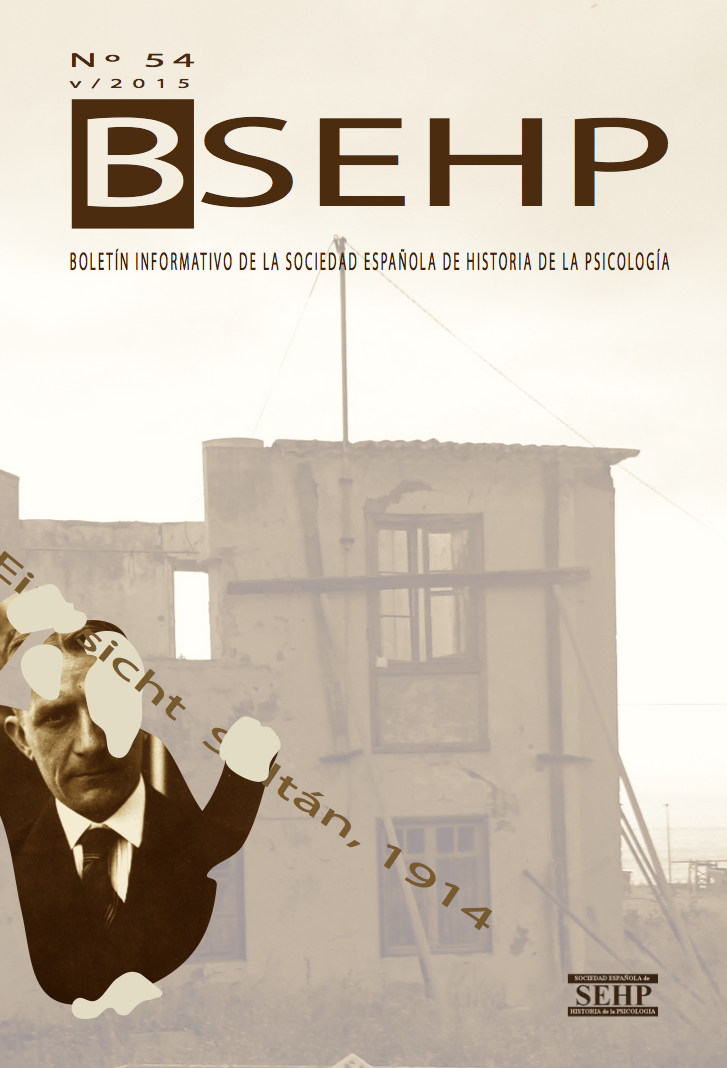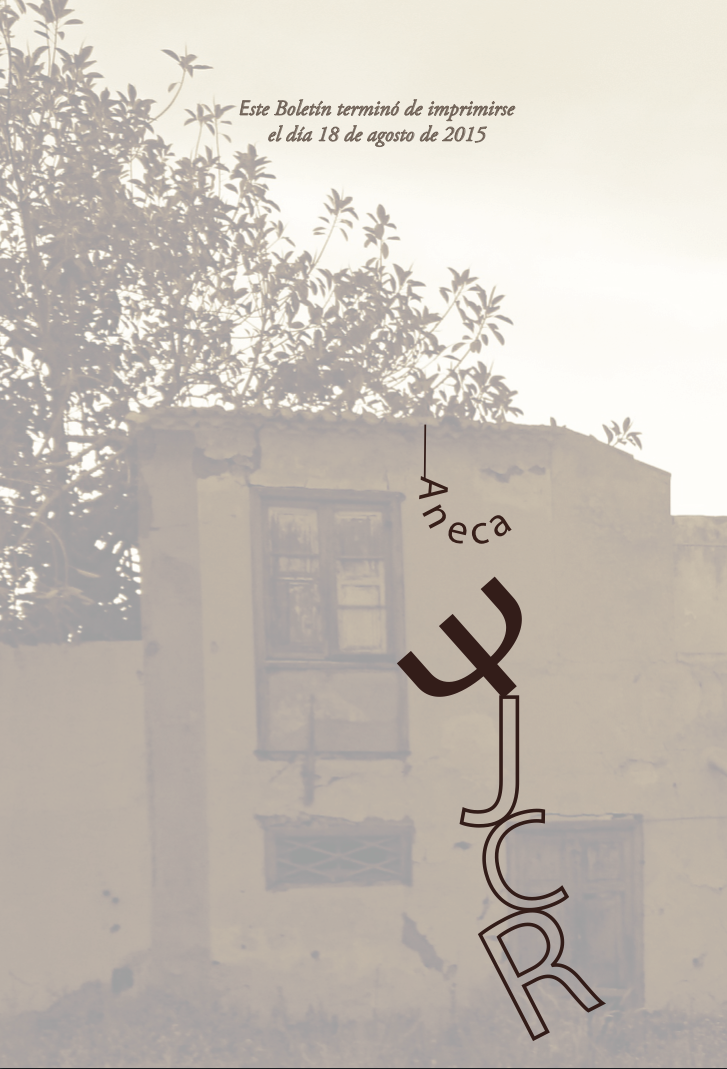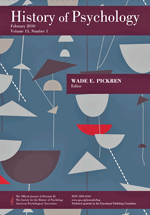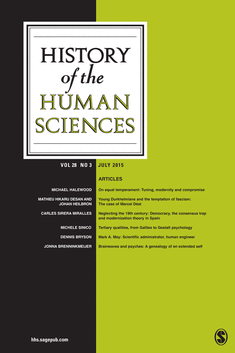University of Canterbury, Christchurch, New Zealand
17-18 March 2016.
The intersection of the human sciences with the law has been an area of growing fascination for historians during the past twenty years. In particular, the development of forensic psychiatry and its relationship to criminology during the late nineteenth and early twentieth centuries has enjoyed attention, culminating in histories of the field in the German, English, French, Irish and Italian contexts among others. In contrast, the history of forensic psychology has been slower to develop, but has also begun to bear fruit with studies of witness psychology in Germany being a particular focus. Furthermore, while historical studies of forensic psychology and forensic psychiatry have tended to treat these disciplines separately, recent works and current research has pointed to both the cross-fertilization and competition between these two disciplines in the early decades of their evolution. Given this, a conference which brings the histories of the two disciplines together seems timely.
At this point, the conference organizers welcome expressions of interest and requests for further information.
The deadline for abstracts (200-300 words) will be Monday, 15 February 2016.
For all enquiries, please contact:
Dr. Heather Wolffram
History Department
University of Canterbury
New Zealand
+64 3 3642279
heather.wolffram@canterbury.ac.nz


